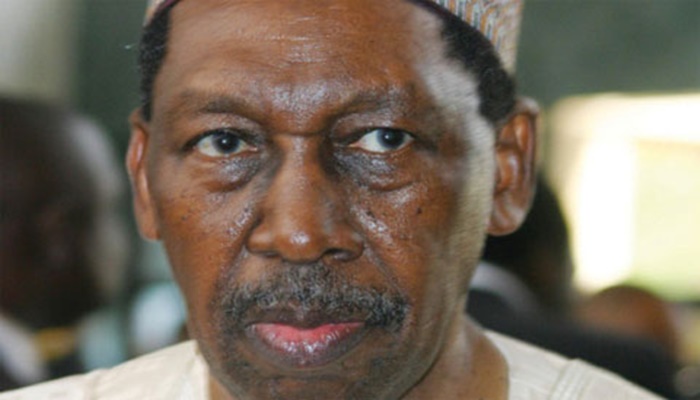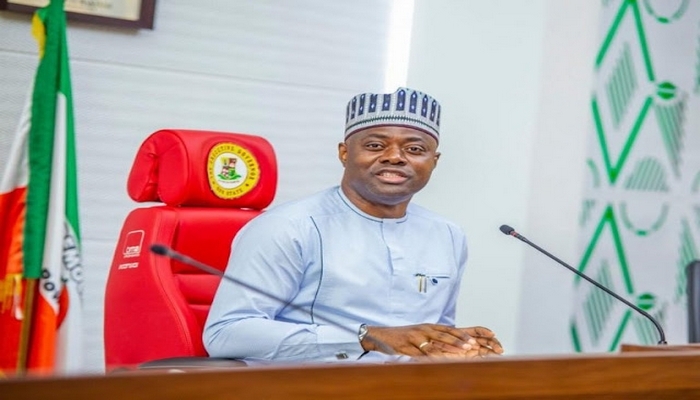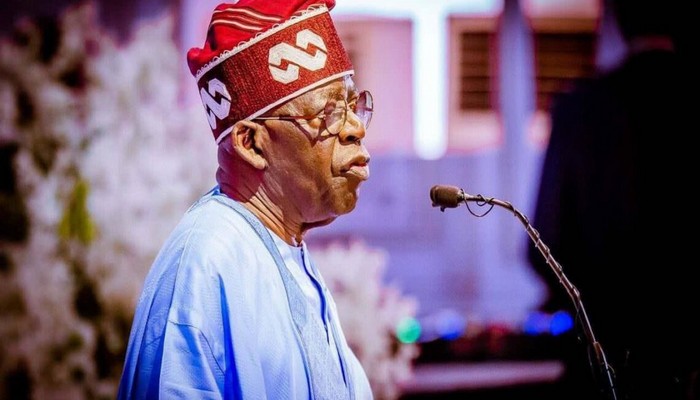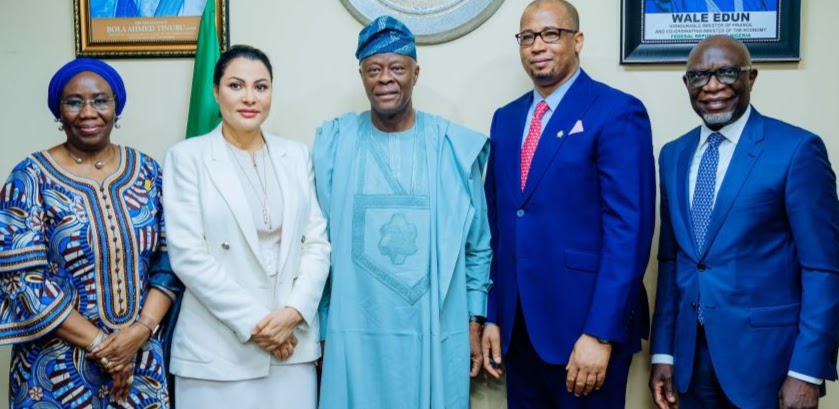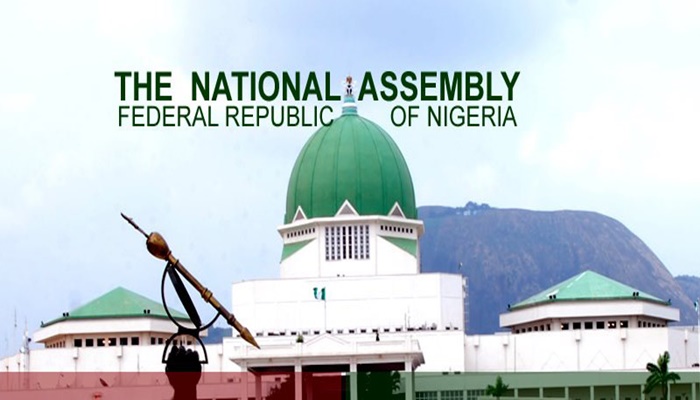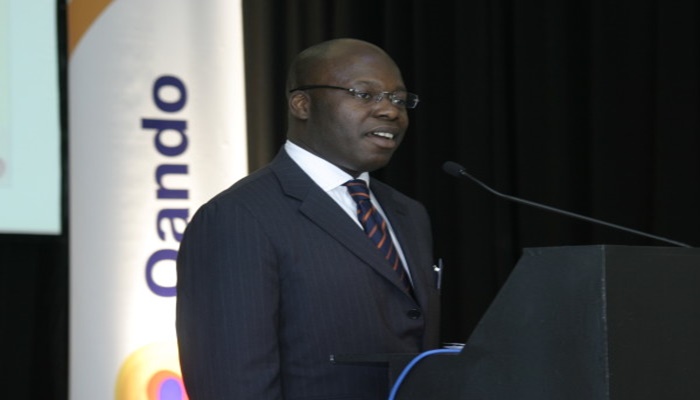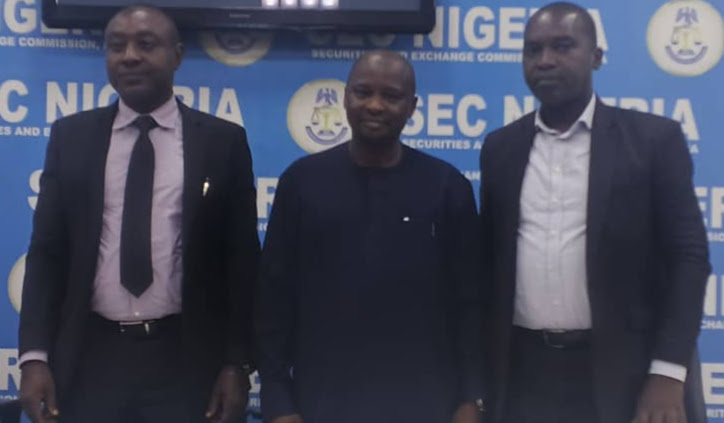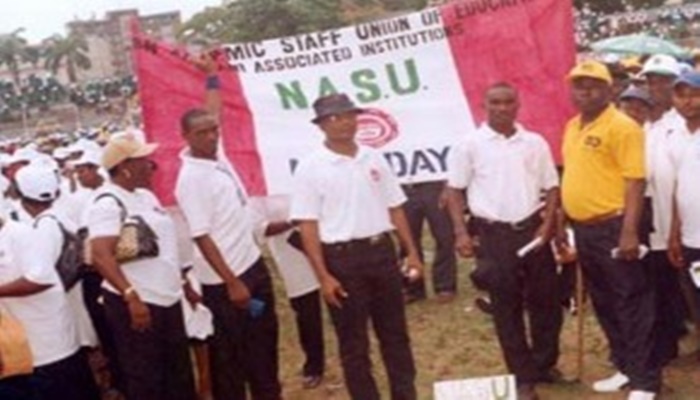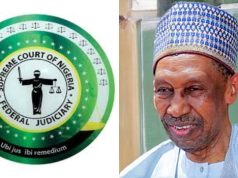The two-week strike action embarked by upon by the non-teaching staff of Nigerian Universities under the auspices of the Joint Action Committee has been suspended.
The three non-teaching staff bodies of Nigerian universities began an indefinite strike action on Monday, September 11 as a result of government failure to meet their 12 point demands.
The protesting for non-payment of earned academic allowances, shortfall in salaries of members, poor funding of universities, non registration of Nigerian Universities Pensions Management Company among others.
Speaking at a news conference, Chairman of the Joint Action Committee and President of the Senior Staff Association of Nigerian Universities (SSANU), Comrade Samson Ugokwe directed all members to go back to work with effect from Monday, September 25, 2017.
The union are Senior Staff Association of Nigerian Universities (SSANU), National Association of Academic Technologists and the Non Academic Staff Union.
Ugokwe said: “The strike by the university based non-teaching unions was indeed avoidable and would have been averted if government had done the needful. Arising from the series of deliberations and engagements, we have once again gone to the drawing board.
“The negotiations we have had since the beginning of the strike have developed a template which we hope will be a panacea to the continued conflicts between the universities based non-teaching staff unions and the Federal Government.
“We have developed an actionable template with specific timeframes to implement salient aspects of the agreement. Based on the foregoing and following exhaustive and extensive consultations with our various union organs, we hereby announce the suspension of the strike action embarked upon by the Joint Action Committee of NAAT, NASU and SSANU, on the understanding that the time lines agreed with the Federal Government on the various issues are met.
“We have consequently directed our members to resume work on Monday, September 25, 2017. In one month time, we shall be reviewing the level of compliance with the agreement and shall not hesitate to resume the strike action if government reneges on the agreements reached or delays in any aspects.”
He said further that: “As responsible Trade Unions, we are not oblivious of the implications and effects of a strike action on Nigerians including the hardships even on us. But when left with no choice and having no options, the strike had to be embarked upon, having exhausted every other means of conveying our agitations to the powers that be.
“Our demands were spread over a gamut and diversity of issues bordering on the sustenance and survival of the university system, welfare of our members among others. Our agitations were not selfish but predicated on an overall love for the system and the interests of our members.”
The unions’ demand include Non-payment of Earned Allowances to our members, the problem of bad governance affecting the university system, poor funding as against UNESCO recommendations, inadequate infrastructure in universities and abandoned projects, shortfall in payments of salaries and non-implementation of the National Industrial Court (NUC) judgement in respect of university staff schools.
They are also protesting the non-registration of National Universities Pension Commission (NUPEMCO), non-implementation of CONTISS 14 and 15 for Technologists, problem of lack of adequate teaching and learning facilities in the universities’ corruption in the university system, lack of seriousness in the renegotiation of the 2009 FGN/University Unions Agreement and usurpation of Headship of Non-Teaching Units by academic staff.
Ugokwe said the union’s demand were aggregates of the Unions agreements of 2009 with the Federal Government which they had waited eight years to consummate, adding that the unions had shown understanding, maturity and patience while waiting for government to implement the,.
According to him, “In January 2017, we embarked on a one week warning strike which was suspended on the strength of a Memorandum of Understanding (MOU) with the Federal Government. We waited nine months for the consummation of the MOU but observing that our nine month pregnancy was going beyond term, we were forced to induce the pregnancy to ensure that our 12 point agenda baby is born.
“Following heated engagements and exchanges on the issues in contention, certain understandings were reached on the issues which we hope, given the calibre of people on the Government side, who we assume until otherwise proven, to be honourable gentlemen true to their words, would be realised within the timeframes promised.”
He added that the major problem in the nation’s Labour sector was not the lack of agreements, but the actualisation of the agreements, adding that this has been responsible for the prevalence of industrial actions in recent times.
He said: “to this end, beginning with the understanding reached early this morning, today, Thursday, 21st September 2017, with the JAC of NAAT, NASU and SSANU, we enjoin Government to respect agreements reached and ensure their compliance. We maintain our principled stand on the dictum “Pacta Sum Servanda” – Agreements entered into must be honoured. This dictum is not restricted to this agreement alone, but any other agreement signed with workers across all sectors.
“The level of confidence in government by Nigerian workers is indeed poor and highly eroded as workers no longer have trust in policies of government despite the fact that MOU’s and agreements are reached. Government must therefore embark on a deliberate policy of confidence-building, to shore up trust and belief in its activities. This is the key solution to end the spate of industrial actions in the country.”


